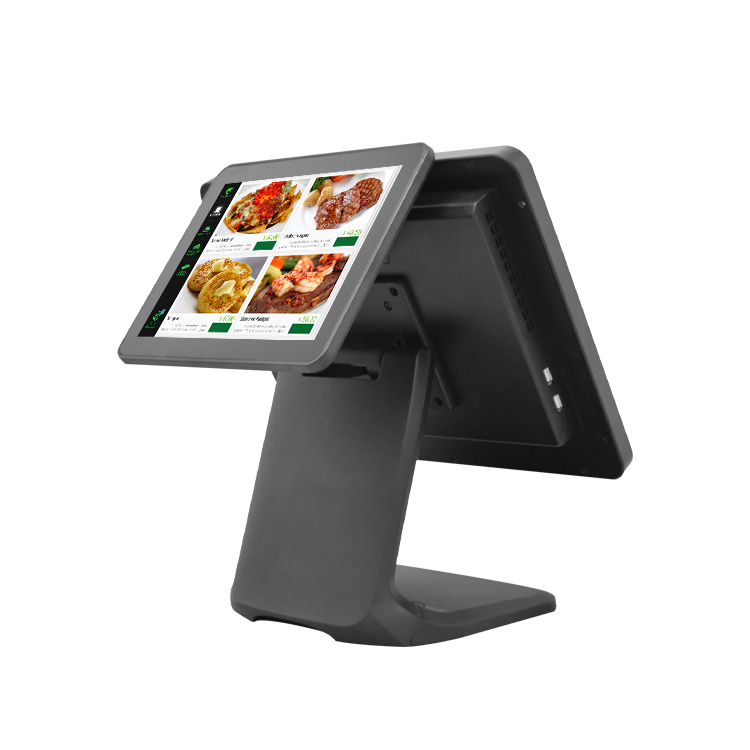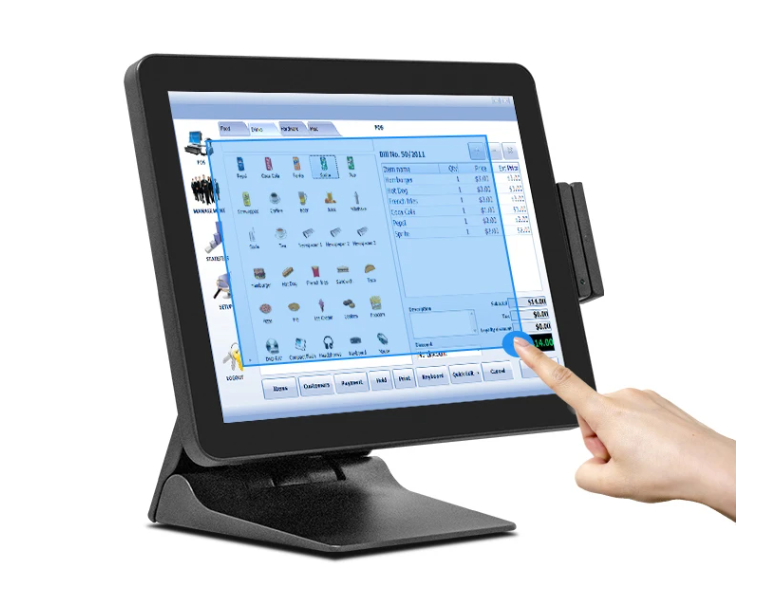As the retail industry continues to evolve, businesses are exploring new ways to enhance their operations and reach a wider customer base. One of the questions that often comes up is whether retail point-of-sale (POS) systems can integrate seamlessly with e-commerce platforms. This article examines the possibilities and advantages of merging these two essential components of modern retail.
1. Understanding Retail POS Systems
Retail POS systems are the software and hardware solutions that enable businesses to manage transactions and streamline operations at their physical stores. These systems help process sales, track inventory, manage customer data, and generate reports. They are typically installed on specific devices like cash registers or tablets.
2. Outlining E-commerce Platforms
E-commerce platforms are online software solutions that facilitate the sale of products or services over the internet. These platforms offer a range of features, including online catalogs, shopping carts, payment gateways, and inventory management. E-commerce platforms are designed to provide seamless customer experiences and simplify the process of online purchasing.

3. The Need for Integration
The integration of retail POS systems with e-commerce platforms has become increasingly important for several reasons. Firstly, it allows businesses to provide a unified shopping experience for customers, regardless of whether they visit a physical store or shop online. Secondly, it enables real-time inventory management, ensuring accurate stock levels across all channels. Finally, integration can help businesses streamline operations by consolidating data from both online and offline sales.
4. Benefits of Integration
The integration of retail POS systems with e-commerce platforms offers numerous advantages. One significant benefit is the ability to provide customers with multiple fulfillment options, such as in-store pickup or home delivery. This flexibility improves customer satisfaction and boosts sales. Additionally, integration enables businesses to access comprehensive sales data, analyze customer behavior, and tailor marketing strategies accordingly. It also facilitates efficient order management and inventory tracking, reducing errors and optimizing stock levels.
5. Technical Considerations
Integrating retail POS systems with e-commerce platforms involves technical considerations. APIs (Application Programming Interfaces) play a crucial role in connecting these systems. APIs allow the exchange of data between different software applications, ensuring smooth communication and interoperability. It is essential to select an e-commerce platform and POS system that offer robust API capabilities to facilitate seamless integration.
6. Successful Integration Examples
Several retail businesses have successfully integrated their POS systems with e-commerce platforms, reaping the benefits of a unified retail experience. For example, global fashion retailer Zara offers customers the option to order products online and pick them up at a physical store. This integration streamlines inventory management and enhances customer convenience. Another successful integration can be seen in the collaboration between Starbucks and its mobile app, allowing customers to order and pay in advance, eliminating queues and providing personalized experiences.
7. Conclusion
Integrating retail POS systems with e-commerce platforms offers significant advantages for businesses seeking to maximize their operations and enhance customer experiences. By providing a seamless shopping experience, enabling real-time inventory management, and consolidating sales data, integration brings efficiency and convenience to both retailers and customers. Embracing this integration can catapult businesses into a new era of retail success.
Summary
In this article, we explored the compatibility and convenience of integrating retail POS systems with e-commerce platforms. We outlined the functionalities of both retail POS systems and e-commerce platforms, and discussed the need for integration. The benefits of integrating these systems were highlighted, including improved customer satisfaction, comprehensive data analysis, and optimized inventory management. We also touched upon the technical considerations and provided successful integration examples from influential retail businesses. Overall, integrating retail POS systems with e-commerce platforms brings numerous advantages and marks a significant step towards modernizing and optimizing retail operations.
Retail POS systems POS Systems point-of-sale pos systems for businesses



